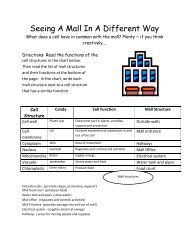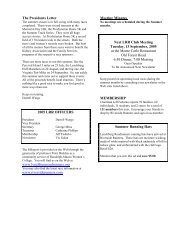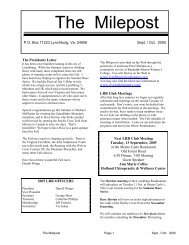Destinos: 27-52 The Main Grammar Points, and Exercises with ...
Destinos: 27-52 The Main Grammar Points, and Exercises with ...
Destinos: 27-52 The Main Grammar Points, and Exercises with ...
Create successful ePaper yourself
Turn your PDF publications into a flip-book with our unique Google optimized e-Paper software.
38<br />
I have spoken-<br />
You (tú) have eaten-<br />
She has lived-<br />
We have read-<br />
You (vosotras) have studied-<br />
You (Uds.) have listened-<br />
I have opened-<br />
You (tú) have done-<br />
He has said-<br />
We have put-<br />
You (vosotras) have returned-<br />
You (Uds.) have written-<br />
VIII.<br />
PRACTICE USING THE PRESENT PERFECT TENSE<br />
¿Indicative or subjunctive? Give the form of the present perftect tense in either the<br />
indicative or the subjunctive mood, whichever is correct.<br />
1. Espero que ellas (HAVE ARRIVED) a tiempo.<br />
2. Marisol dice que ellas (HAVE ARRIVED) a tiempo.<br />
3. Es evidente que ellos (HAVE DONE) el trabajo.<br />
4. ¿La carta? (nosotras) Ya la (HAVE WRITTEN).<br />
5. Dudamos que los niños (HAVE GOTTEN UP).<br />
6. No dudamos que los niños (HAVE GOTTEN UP).<br />
7. Me gusta que ustedes lo (HAVE FINISHED) tan rápido.<br />
Traduzca.<br />
1. We think (=believe) they have left already.<br />
2. We hope they have left already.<br />
3. It’s a shame you’ve (tú) been sick.<br />
4. She says they have not done it yet.<br />
5. I don’t doubt that they already have sent the package.<br />
IX. RELATIVE PRONOUNS<br />
Give the correct form of the relative pronoun in the following sentences.<br />
1. El guía (WHO) nos acompañó era griego.


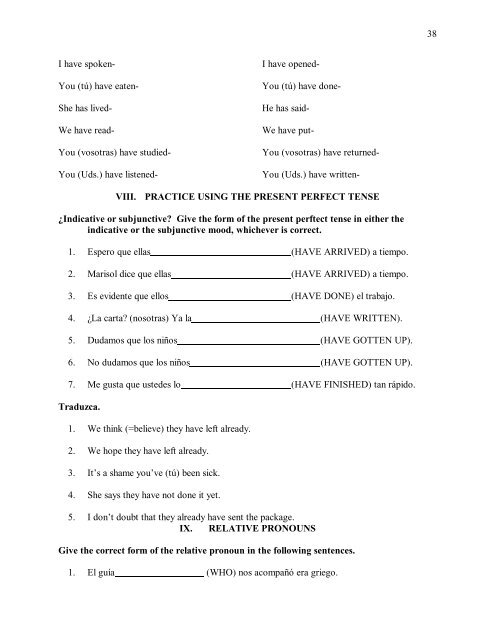


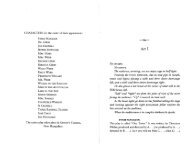
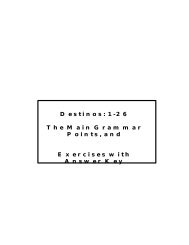
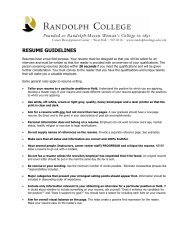

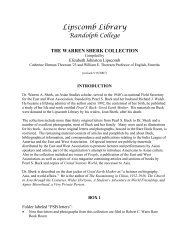
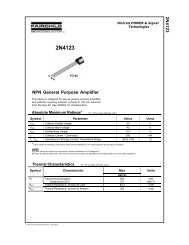

![Cast & Crew List [Program Copy pdf] - Randolph College](https://img.yumpu.com/38268916/1/190x123/cast-crew-list-program-copy-pdf-randolph-college.jpg?quality=85)
